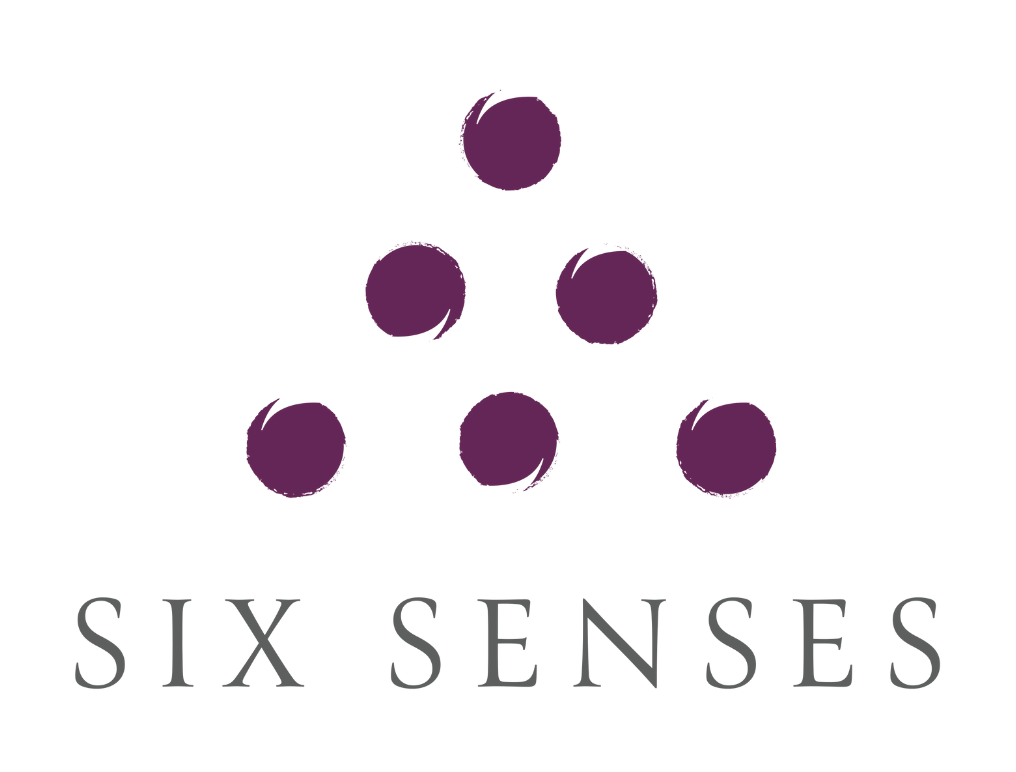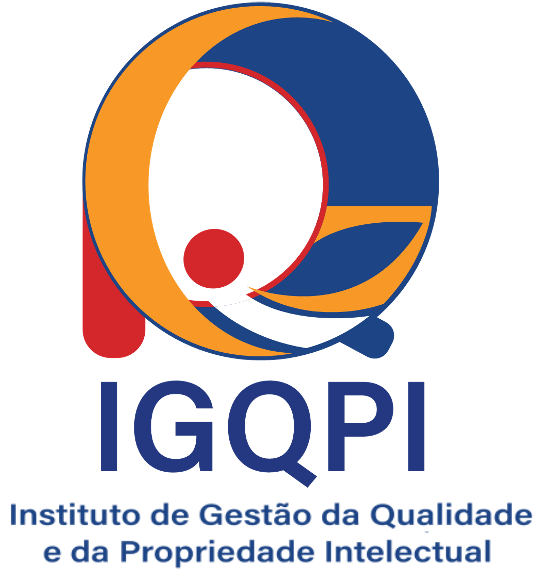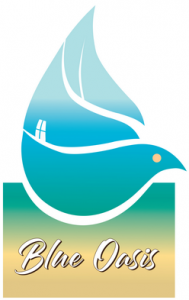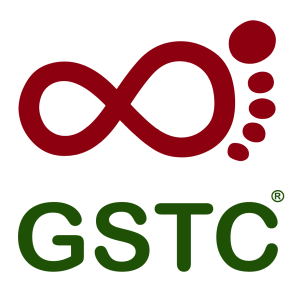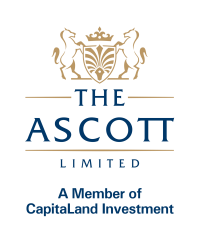GSTC-Recognized Standards for Hotels
GSTC-Recognized Standards are sustainable tourism standards that adhere to and are equivalent to the GSTC Criteria. This means that the GSTC Criteria are included within the set of standards owned by a Certification Body, by a municipal, provincial, or national tourism authority, by specialized tourism organization, or by large tourism businesses with multiple business units.
GSTC-Recognized means that a sustainable tourism standard has been reviewed by GSTC technical experts and the GSTC Assurance Panel, and deemed equivalent to the GSTC Criteria for sustainable tourism. This means that the GSTC has verified that the standard aligns with the GSTC Criteria and that any additional clauses do not contradict GSTC Criteria requirements. GSTC Recognition does not ensure that the certification process is reliable, only that the set of standards used to certify includes the minimum elements to ensure sustainability. A Certification Body that utilizes a GSTC-Recognized standard may apply for GSTC-Accreditation which relates to the quality and neutrality of their certification process.
The following standards have been Recognized as aligned with the GSTC Industry Criteria for Hotels and Accommodations
(visit here for GSTC-Recognized Standards for Tour Operators)
(visit here for GSTC-Recognized Standards for Destinations)
| This is a list of standards. GSTC has NOT analyzed the quality of the process of certification of these standards except those that have been accredited by GSTC. Note that from January 2025 owners of existing Recognized Standards used for ‘certification’ had to formally pursue accreditation or enter into the arrangement with GSTC whereby they act as a ‘Certification Scheme’. Those that haven’t done so had their GSTC-Recognized Standard status terminated on 1 January 2025. Read more here. |
|---|
| GSTC does NOT certify directly. The GSTC Criteria appear in this list to clarify the point that Certification Bodies that gain accreditation have the option to certify by using their own GSTC-Recognized standard or by using the GSTC Criteria. |
GSTC-Recognized Standards for Hotels
(eligible to participate in the GSTC Market Access Program)

The Cape Verdean Sustainability Standard for Tourist Accommodations was created by initiative of the Institute for Quality Management and Intellectual Property (IGQPI), to provide guidelines for Tourist Accommodations, so that the services provided as well as their business are based on the best practices of sustainable tourism. This standard is based on four pillars: Sustainability Management System, Environmental Dimension, Social Dimension and Economic Dimension.
The Chilean national system for distinction of sustainable tourism recognize the efforts of tourist accommodation that have progressed in any field of sustainability, differentiating its members over their competitors while ensuring visitors each organization’s commitment to sustainability.
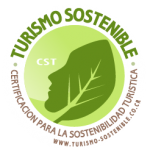
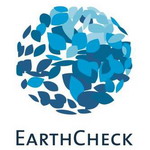
Green Growth 2050 has been developed to meet the needs of tourism and travel businesses seeking today’s solutions to the issues driving social, cultural and environmental change. The Green Growth 2050 Global Standard and Sustainability Reporting Framework is an international online solution designed to allow travel and tourism organisations to assess the overall sustainability and CSR performance of their existing individual properties and portfolios.


GreenStep’s Sustainable Tourism standard is used by GreenStep Solutions in their assessment and certification program which provides tools, resources, and consultative support to destinations and businesses across the tourism industry. The Sustainable Tourism standard enables tourism businesses to measure their sustainability performance in several key categories; management, social, economic, natural, cultural, and environmental.
Hoteles más Verdes (“Greener Hotels”) is the Sustainability Certification Program of the Asociación de Hoteles de Turismo de Argentina (AHT) that promotes the adoption of sustainable tourism good practices in the hospitality industry since 2010.The program certifies with the Eco-label “Hoteles más Verdes” those hotel companies that prove by auditing good practices of ethical, environmental and socially responsible management with its stakeholders and the host community of the destinations of Argentina.

The Mauritian Standard on Sustainable Tourism (MS 165:2019), Blue Oasis, was developed to guide the sustainable development of the tourism industry in Mauritius.The focus of the Sustainability Tourism Standard is to address requirements of the environmental impacts and its effect on land, air, water and other organism and ecosystem of the island. The social-cultural impacts that affect local communities, social structure and cultures as well as economic impacts categorised as direct, indirect or induced. These requirements to be measured, monitored and evaluated for continual improvement of the sustainability of the tourism industry in Mauritius.
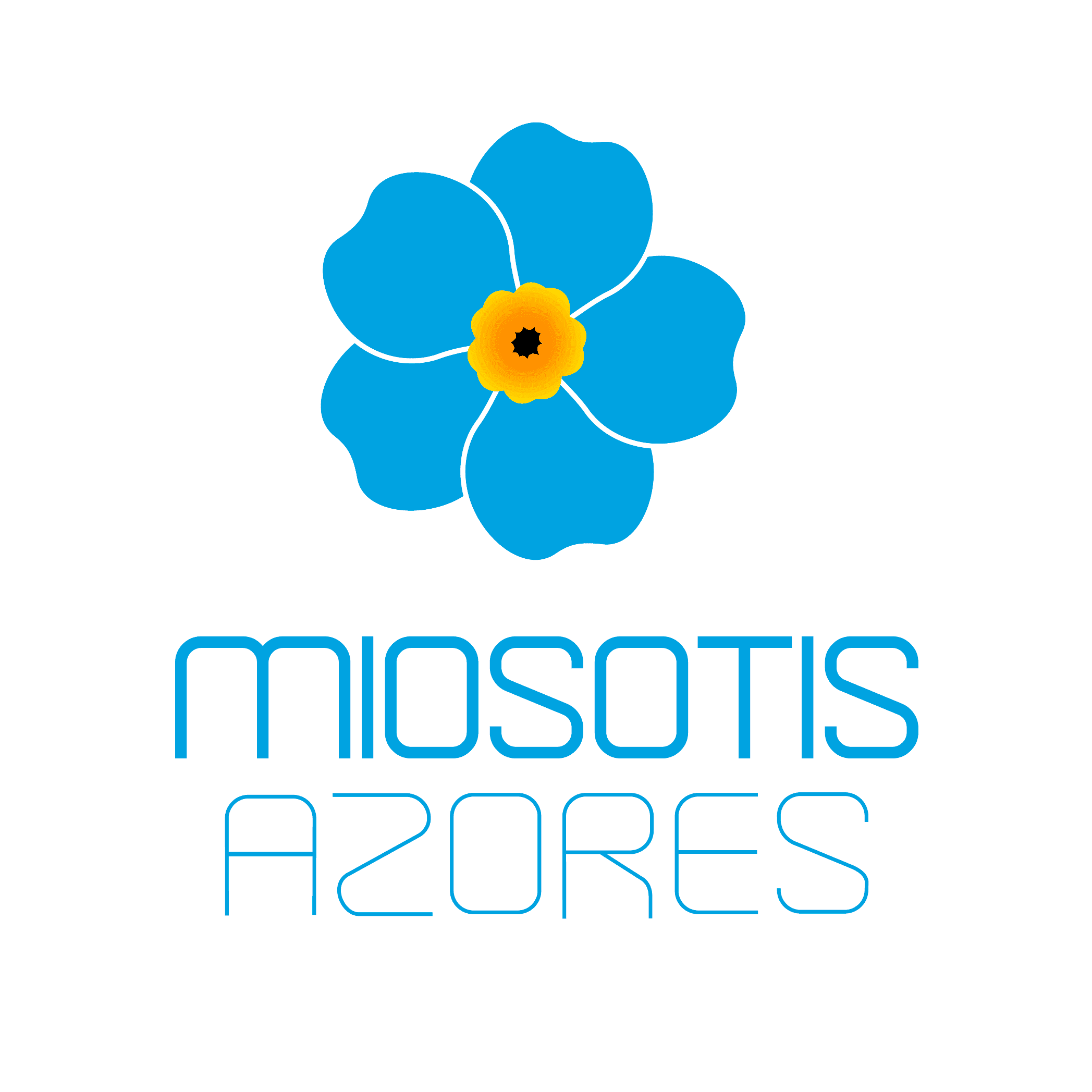
This new version of the standard is based on the four pillars of the GSTC Criteria – Sustainable Management, Socioeconomic, Cultural and Environmental Principles.
The Preferred by Nature Standard for Sustainable Travel Activities includes several core criteria that guide and encourage sustainable management practices by creating positive impact on people, nature, and climate. The Standard advocates for preserving biodiversity and ecosystems while fostering local economic development, cultural preservation, and heritage promotion, offering a holistic approach for travel organizations to embrace sustainable practices and enhance destination sustainability. The Standard is designed to apply to any travel organization, including Accommodations and Tour Operators seeking to measure, evaluate, and improve its sustainability performance, regardless of their size or type.
Being GSTC-Recognized ensures Qualmark’s commitment towards sustainability to visitors traveling in New Zealand; and it guarantees that Qualmark’s Standard is aligned with universal criteria for sustainable management, social and economic benefits to the local community, cultural heritage preservation, and the reduction of pollution. Qualmark is New Zealand tourism’s official quality assurance organization focusing on the accommodation sector and visitor experiences, transport and activities.
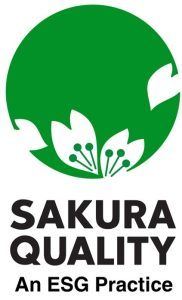
The Seychelles Sustainable Tourism Label which is a certification programme aims to enhance the quality and sustainability of visitors’ experiences by mitigating tourism’s negative economic, environmental and social impacts on the destination and contributing to the preservation of natural and cultural treasures for the future generations of Seychelles.



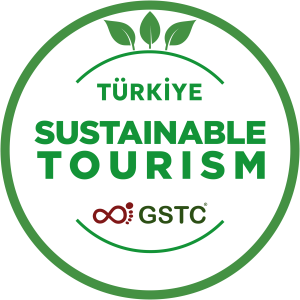
The GSTC Standards serve as the basis for determining whether other standards are “GSTC Recognized”. That means that by definition the GSTC Standards can be considered “Recognized.” It also means that any Certification Body that uses the GSTC Standards for their certification program is using a GSTC Recognized standard. Please note that GSTC Accredited means that a Certification Body uses the GSTC Standards or another GSTC-Recognized set of standards to certify, AND has undergone a rigorous verification process by the GSTC to verify that their certification program is neutral and competent.
GSTC-Recognized Standards for Hotels
(not eligible for the GSTC Market Access Program)
The Ascott Limited (Ascott) has gained GSTC-Recognized Status for its system adopting the GSTC Industry Criteria. The stated scope and applicability of the GSTC Industry Criteria includes corporate offices and all managed branded properties globally.
Ascott, a lodging business unit wholly owned by CapitaLand Investment, is a hospitality company with more than 920 properties globally, spanning over 220 cities across more than 40 countries. Ascott CARES, its sustainability programme, which is a part of the System, is centered around five pillars representing the acronym CARES – Community, Alliance, Respect, Environment and Supply chain.
If you want to learn more about the technical information of GSTC Recognized Systems, please see here.

Barceló Hotel Group is the first Spanish hotel chain whose sustainability standards, known as Barceló ReGen Standards, are recognised by the Global Sustainable Tourism Council (GSTC). This is a first step towards the consolidation of the group’s sustainability strategy and making its gradual implementation a reality in all hotels worldwide. An ambitious project of cultural transformation with the aim of consolidating its commitment to generate a positive impact in the places where it is present.
Barcelo’s sustainability standards are integrated into its own management system called Ser Barceló, which is aligned with Barceló ReGen Sustainability Policy and key international commitments that the company is subscribed to as United Nations Global Compact. Ser Barceló provides manuals, tools and continuous training for each operational department in order to achieve the implementation of the company’s quality standards, complying with sustainability commitments and guaranteeing excellence in customer service. To accomplish this, the management system features a digital platform that enables its effective execution across the company’s entire hotel portfolio.
The Centara EarthCare is Centara’s internal sustainability standard, used by the group’s hotels and resorts for adherence to sustainable practices based on the GSTC Criteria. For tracking, measuring and improving in areas of environmental sustainability and social responsibility at property or multi-site level, Centara is using the Greenview Portal, which is a GSTC-Recognized System. The platform allows Centara to track, benchmark, report and improve on various aspects of environmental and social performance.

